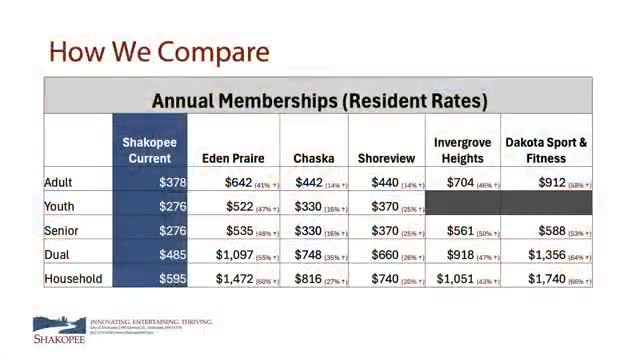Article not found
This article is no longer available. But don't worry—we've gathered other articles that discuss the same topic.
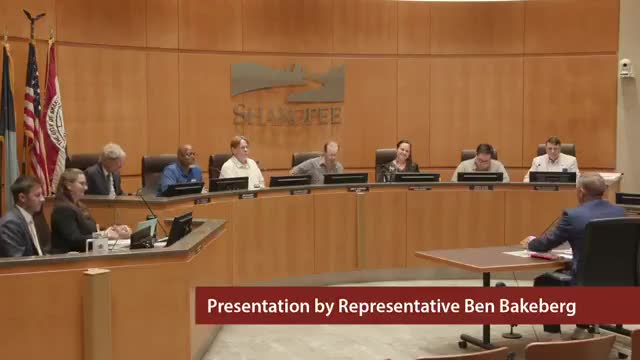
State Rep. Ben Bakeberg briefs council on bonding, education and fraud concerns
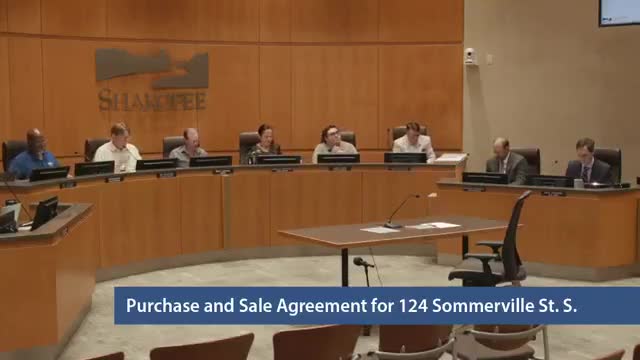
EDA discusses purchase of downtown Somerville Street property; asks for environmental due diligence
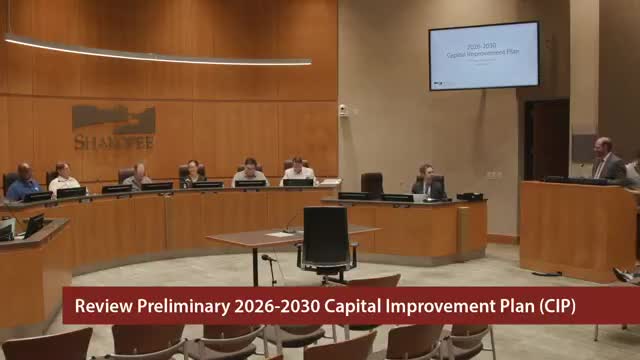
Council reviews $146.6M five-year CIP; staff proposes $300K levy boost for 2026
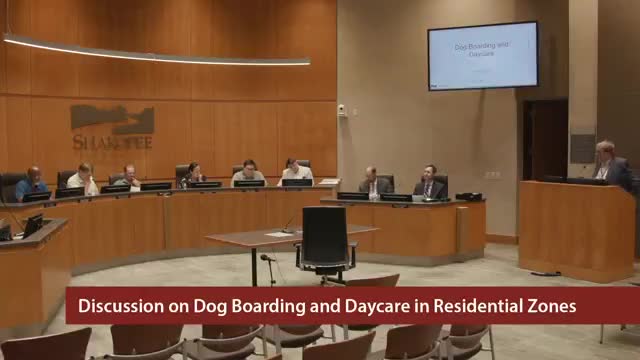
Council directs staff to craft licensing rules for home-based pet boarding, daycare and grooming
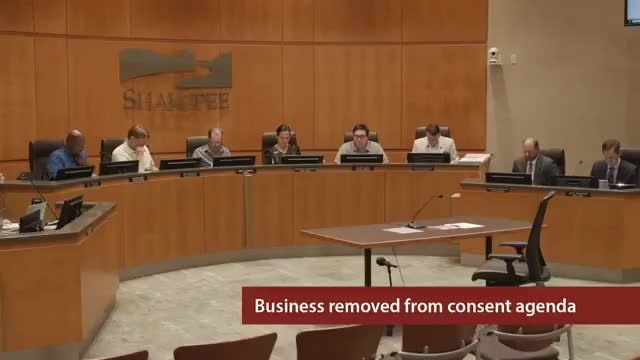
Council approves downtown social-district plan with clarified rules on cup use
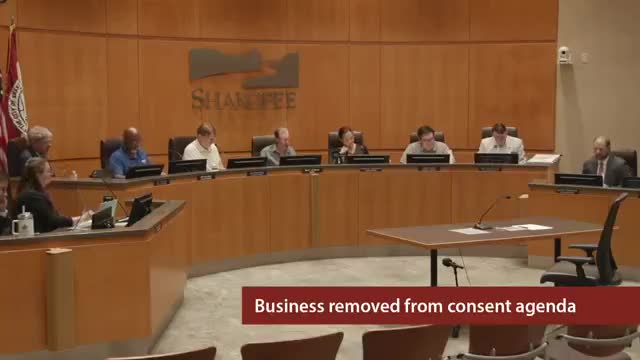
Council approves up-to-$35,000 contract with Houston Engineering for civil work
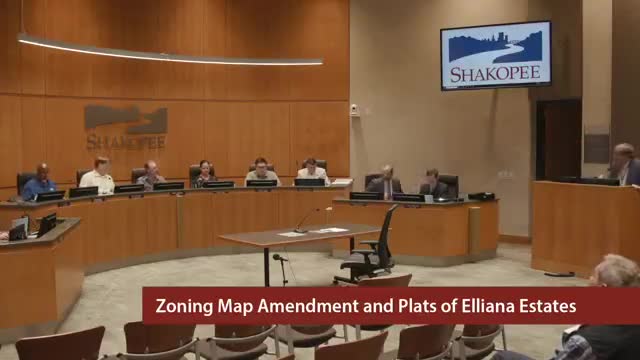
Council rezones 14-acre parcel for 31-home Eliana Estates development
